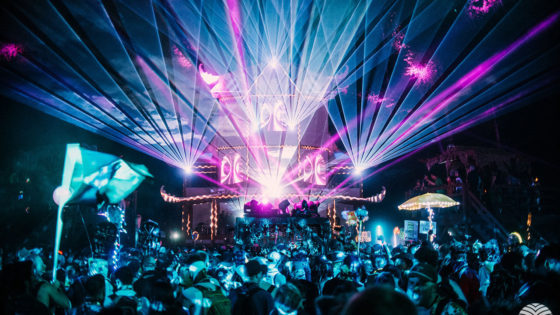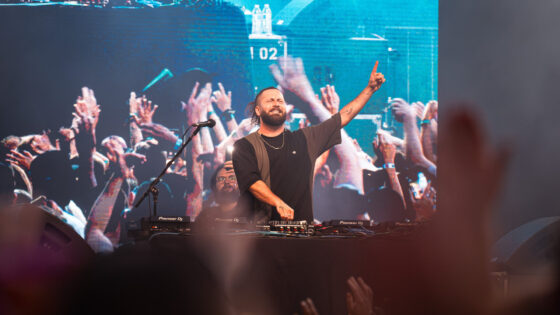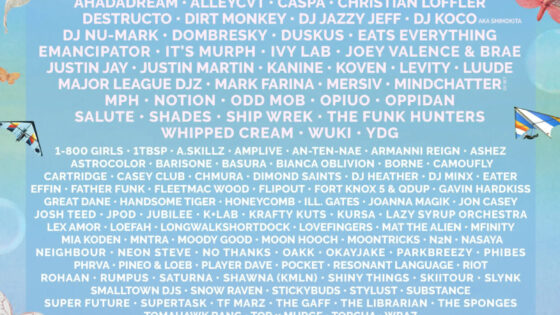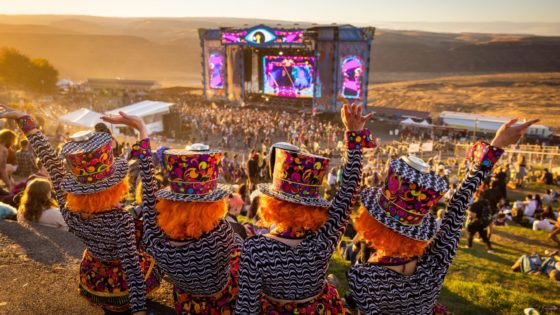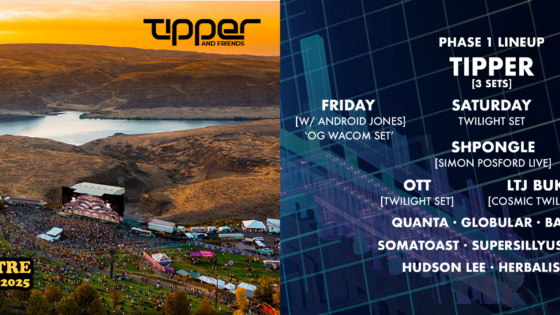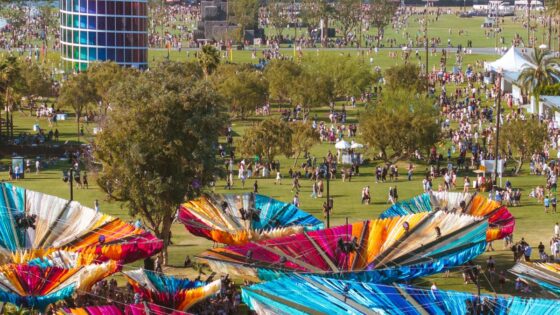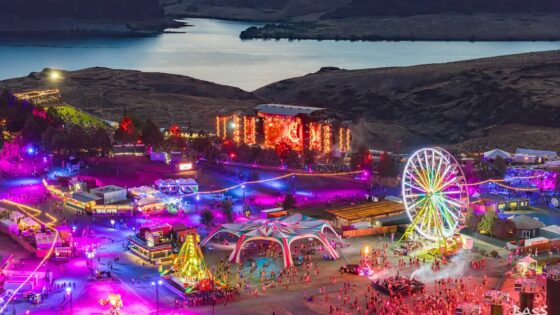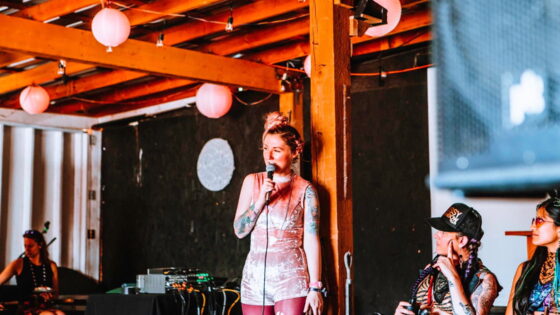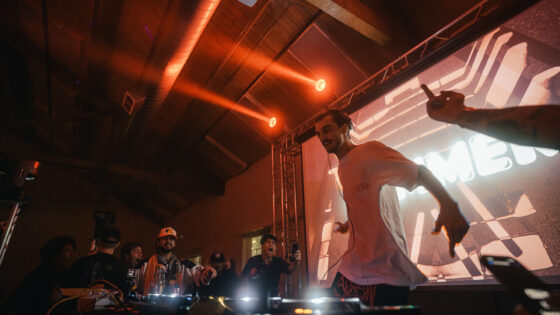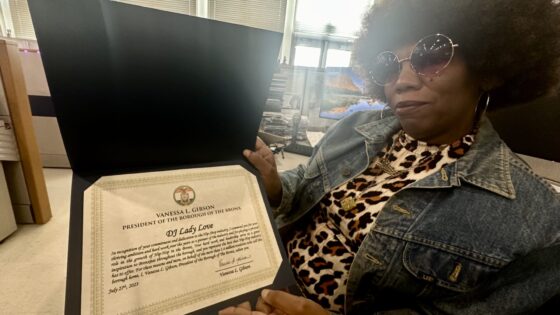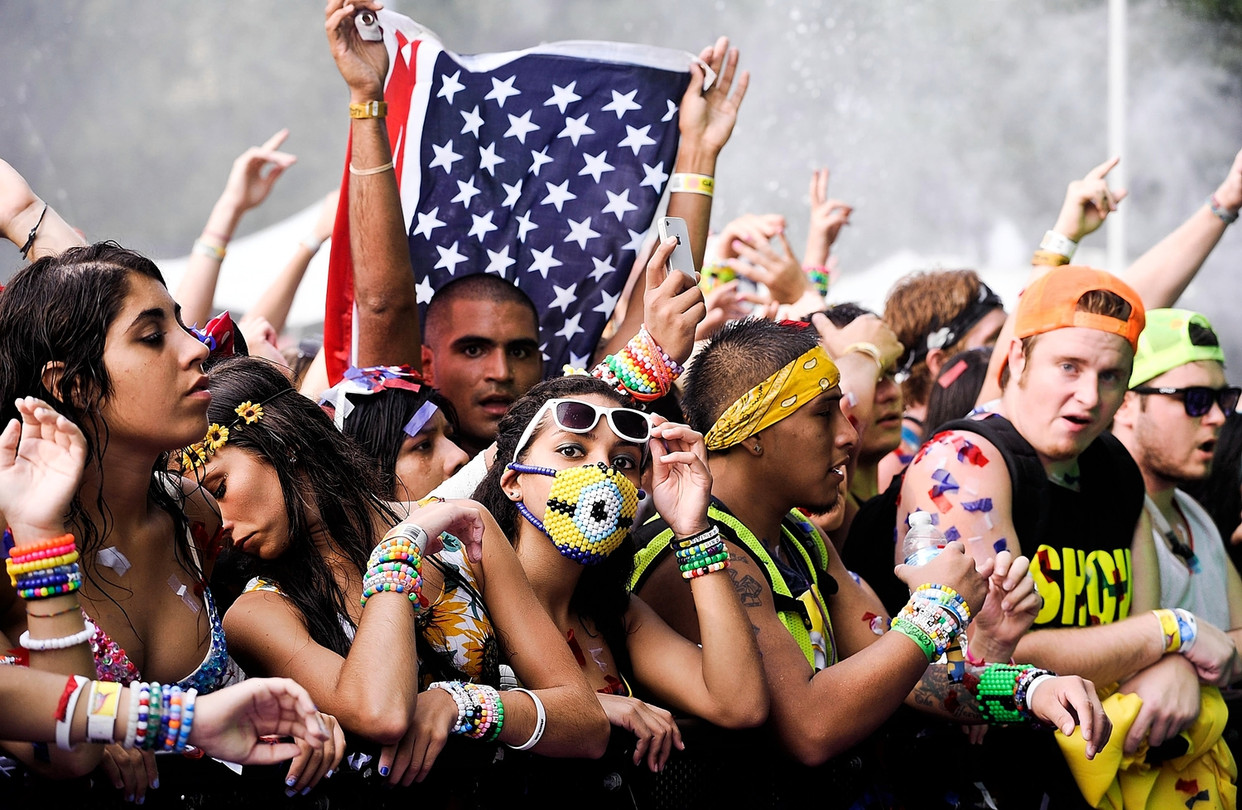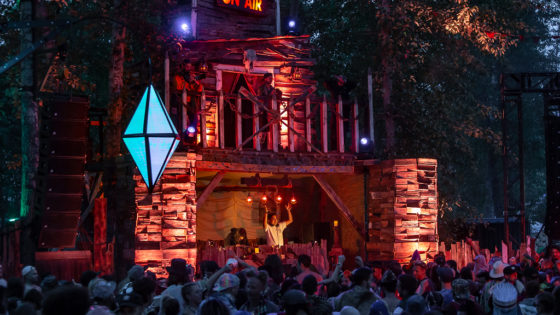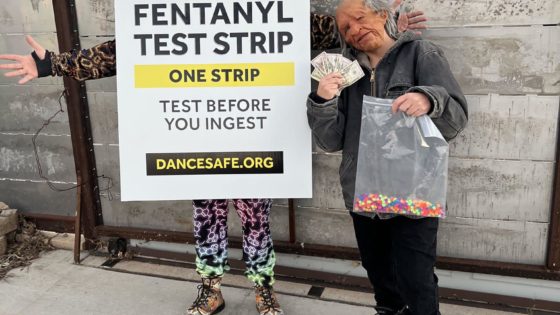“What a senseless tragedy.” “If only this could have been avoided.” “Nobody saw this coming.”
These are the things we hear in the wake of death following a festival or rave. The loss of a life affects us all differently; we all mourn differently. Some of us can’t help but shed tears. Others lash out in anger. It’s difficult to wrap our brains around the idea that someone left for a weekend of a fun with their friends, and never made it home. And you know what? We’re sick of having to try. We imagine you are too.
All told, Paradiso 2015 was a spectacular weekend. We covered the event wire-to-wire, watched as tens of thousands of ravers danced the day and night away, and returned home feeling both exhausted and satisfied. At the same time, there was an odd specter lurking all weekend. One second we’d be smiling and laughing with our friends. The next, we’d turn around and see someone get carried away on a stretcher. It became an odd and unsettling snap back to reality, having to get the image of an unconscious partygoer who wasn’t quite the right color out of our heads.
Days later, we’re reading headlines about more festival deaths here in the Northwest and all over the world. From EDC to Paradiso, the leading story following both weekends concerned the loss of life. This is not the way things should be.
[divider]Taking Responsibility For Ourselves[/divider]
For our part, we’ve been staunch advocates of harm reduction. We’ve even worked with Stay Safe Seattle and Dancesafe to provide access to safety resources and literature. But we can only say “buy a testing kit,” “don’t trust strangers,” and “know your limits” so many times before it feels like we’re screaming into the void. Following Paradiso, we’ve found ourselves arriving at one, harrowing conclusion: We can’t keep people from dying. Not by ourselves. But if we can’t prevent deaths, who the hell can?
You. The answer is you. Not Dance Music Northwest, not USC, not Live Nation, and not your friends or family. You. The decision to take drugs and otherwise imbibe in 108 degree desert heat lies ultimately with the person taking those drugs. Every use of a drug, even sitting on your couch at home, is a risk you willingly assume.
You can run the full battery of tests on that awesome batch your dealer promises is the best shit he’s ever gotten. You can hydrate all day, you can try and pace yourself. The simple truth is that the most effective of way of not dying is not taking drugs in the first place. Sounds strange coming from a site that’s consistently advocated for harm reduction right?
Well, don’t think for a second that we’ve suddenly changed our stance. The issue is two-fold:
- The best way to ensure that a drug doesn’t kill you is to not take that drug. Period.
- The second best way to ensure that a drug doesn’t kill you is to have an arsenal of responsible harm reduction tools at your disposal.
That’s it. No volume of reactive measures like USC’s incredible Conscious Crew, good parenting, or “experience” can match the effectiveness of better decision-making. Personal harm prevention begins with a choice: Do I choose to put myself at risk to experience this drug? If your answer is no, congratulations. You’re guaranteed not to suffer any adverse effects from the drug you chose not to put in your body.
If you answer yes, it is your responsibility alone to be responsible and properly educated. Unfortunately, U.S. law as it stands right now leaves each of us ill-equipped to do just that. Bunk Police, an organization devoted to testing drugs to ensure the safety of patrons, was chased away from campsites during Bonnaroo this year. While we were away at the Gorge, DanceSafe was being forced to pack up and leave Electric Forest for selling testing kits. Left and right, resources we need to keep people safe are quite literally being taken away from us.
The end result? People are dying, and we can’t seem to stop it from happening. It’s a frustrating realization for us as an organization that strives to equip and empower you, our readers. We’ve published article after article laying out the exact steps you can take to increase safety and reduce harm. We avoid the abstinence-only message as one that’s been proven time and again to be at best ineffective, and at worst deadly.
But someone has to say this. Drugs are fucking dangerous. So is alcohol. So is tobacco. So is skiing. So why is it that the government provides protection for people who make these choices, but not us?
Important things happen in Pacific Northwest nightlife, and DMNW will send you alerts!







